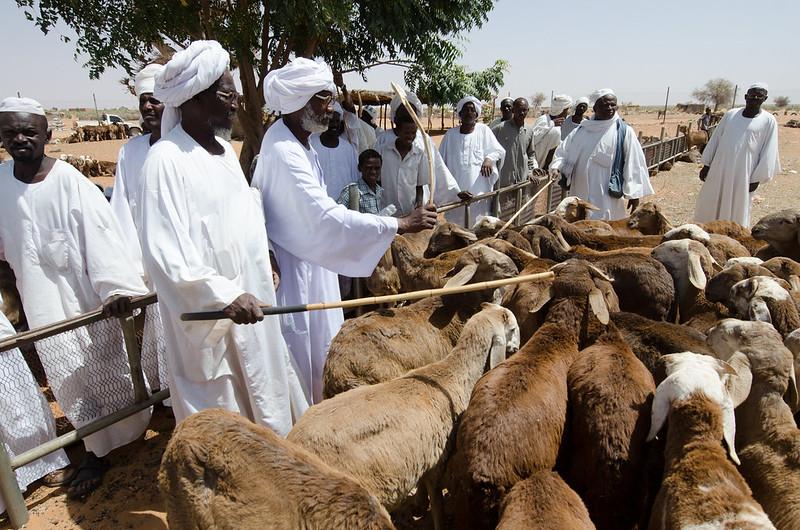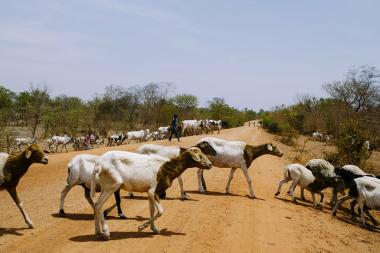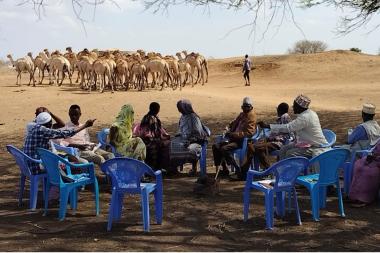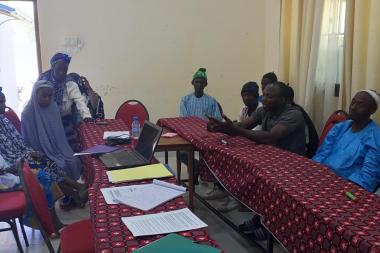Collective tenure of pastoral land in Sudan: evidence from North Kordofan
This report reviews the significance of pastoralism in Sudan, formal tenure systems and their governance, and tribal systems.
Pastoralists in Sudan face insecurity of land tenure. Land acquisition has historically triggered regional conflict and injustice. Pastoralists also grapple with pervasive insecurity from diverse conflicts; the blockage or disappearance of livestock routes; limited mobility owing to inadequate access to water; poorly designed routes and degradation of resting places. These problems severely restrict the spatial and temporal mobility of livestock in pastoral areas.
In this report, we explore the significance of pastoralism in Sudan, formal tenure systems and their governance, and tribal systems. We reviewed relevant literature and studied land tenure and governance using interviews with pastoralists in Jabrat Elsheikh village, North Kordofan State.
Our findings show that:
- Tenure for dry-season grazing land is collective, based on unwritten customary rules and regulations, governed by tribal authorities. Tribes occupy large areas termed dar, with hierarchical governance from the nazir down through to sheikhs in villages. Formal state land laws are neither evident nor enforced in the area: pastoralists are generally unaware of the country’s tenure laws;
- Existing tenure gives equal access to all (male) group members. It also allows individuals from outside the group to access and use the grazing — although management, exclusion and transfer rights remain with the group and its members. This system, part of their tribal heritage, allows the group to maintain their natural resources, and prevent their overexploitation. Disputes over land are resolved by traditional mechanisms;
- Pastoralists, both as a group and as individuals, feel highly secure in their rights to collective grazing, both during their own lives and for those of future generations. On the other hand, tenure and management privileges men: women are marginalised in decision-making, and in their access, use and management of dry season grazing; and
- Pastoralists foresee challenges from increasing human and livestock populations with more competition for resources. They expect individual interests to take precedence over group interests. Rising interest in farming and more people may see cultivated land expanded at the expense of dry season grazing.



